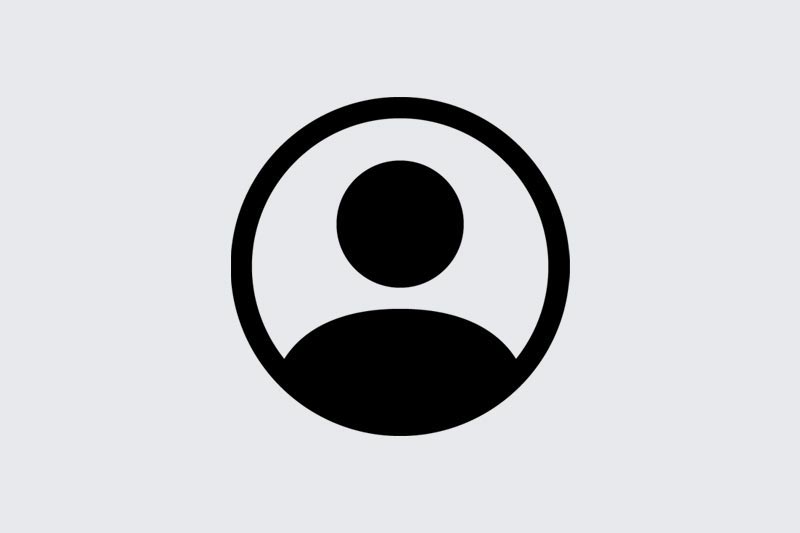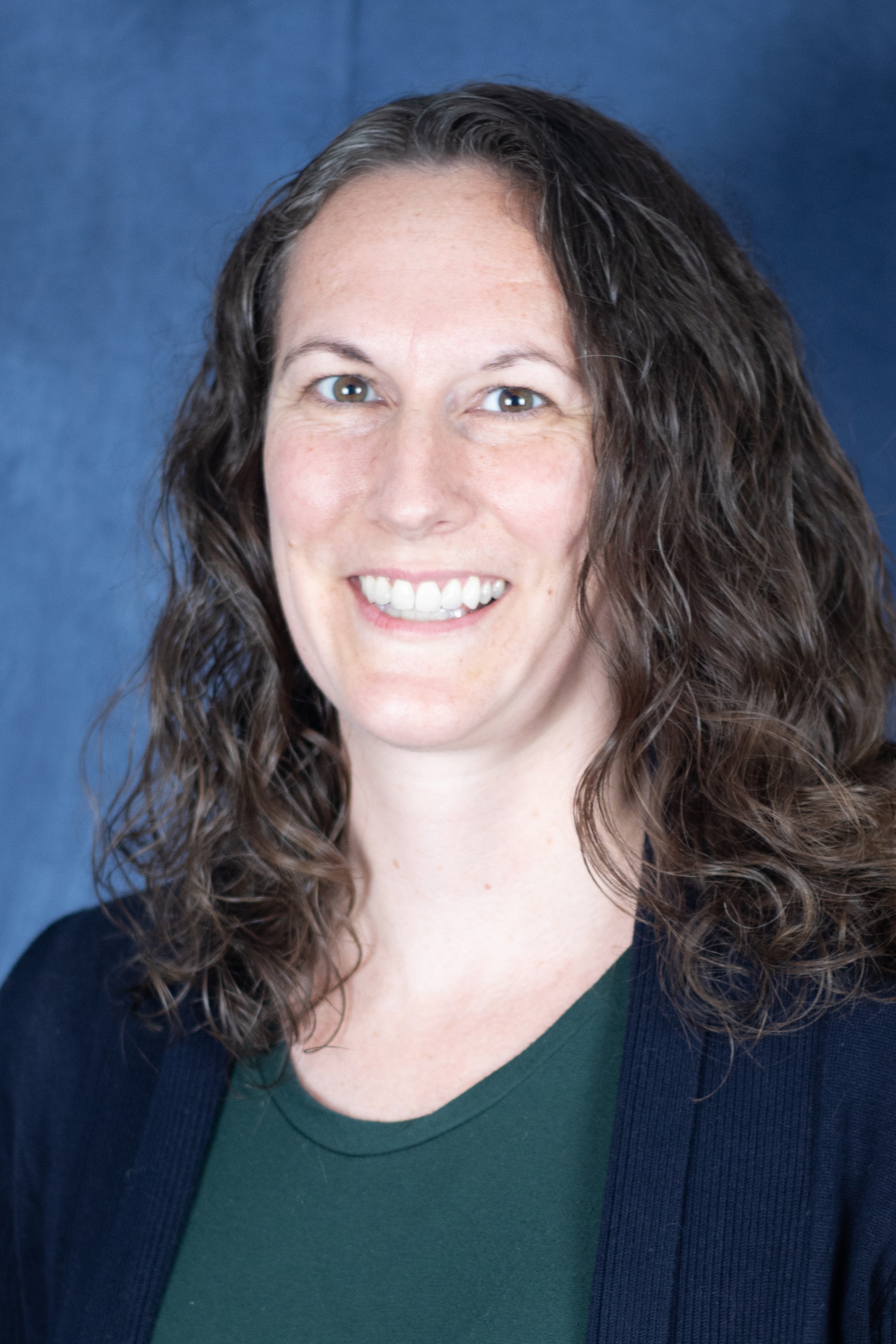Program Aim
Degree Overview
Our students complete 97 credit hours over five years (four years of on-campus education and one year full-time clinical internship). We encourage you to explore the competencies students develop throughout the program. Students develop these competencies through coursework, research lab involvement, counseling practica, and other training opportunities.
Degree Overview Links
Program Culture
Before enrolling in any multi-year educational program (like our counseling psychology PhD program), it is important to find a training environment that is a good fit. If our program culture described below seems like a good fit for your personal and training needs, we hope that you will consider applying.

Our program is “competitive” in the sense that our students are well qualified. However, the atmosphere among students is a collaborative, rather than competitive, one. From the first semester of enrollment, we encourage each cohort to develop effective working relationships with one another in which they can supportively challenge one another to develop as future psychologists. In addition, incoming students can be paired with a more advanced student as a peer mentor. The student organization (ACOPS link) is another good way to get to know other students in the program.
We strive to create a training environment that is respectful of diverse identities and perspectives. Social justice values are at the core of our education and training, so that graduates can provide culturally-responsive services to a diverse public and advance equity within our society. Related, the majority of our student body identify as people of color, with several international students. A good portion of our students also identify as LGBTQ+, and several religious and spiritual perspectives are represented among students. Training in a multicultural environment is beneficial for personal and professional growth.
We aim to graduate psychologists who are ethical and professional. Psychology is profession that requires life-long learning. We encourage self-reflection and self-assessment, skills that will aid in future decision-making. At times, the learning process may include personal disclosures. Although we do not mandate disclosure of specific personal information, prospective students should be aware that the educational process may at times necessitate the disclosure of some personal information. For example, development of multicultural awareness requires consideration of one’s own background, some of which may be share in class or discussed in written assignments. In supervision, students may need to disclose some information about personal issues that are impacting their work with clients. In these ways, the personal is also the professional, but instructors and supervisors work to maintain appropriate boundaries when students do need to disclose personal information.
We also want prospective students to know that our training program is rigorous—students will be challenged in numerous ways through the duration of the program. At the same time, we have created a program that is developmental in nature, such that students progressively gain the knowledge and skills required to be a competent counseling psychologist. We also have some fun along the way—many class periods contain more than a few good laughs. We also recognize that you are people first, not students first. Good self-care and collective care practices are needed for the long-haul that is graduate school.
Faculty
There are four core faculty members in the counseling psychology program. These are the faculty members with whom you will have the most contact.




Faculty overview
Core faculty are highly engaged with students in the program through teaching, advising, supervision, research, mentoring, and social events. Faculty value and support students as unique individuals and as budding professionals. Faculty also strive to create a training environment that is respectful of diverse identities and perspectives. Faculty are collaborative with one another and encourage the same type of collaborative environment among students.
Counseling Psychology Ph.D. applicants can express interest in working with (and being advised by) any of the core faculty. Emeritus and affiliate (supporting) faculty will not typically be assigned as advisors. Students have contact with affiliate faculty primarily through coursework.
Costs & Financial Support
Consistent with the social justice emphasis of our program, we want this training program to be accessible to people from a variety of financial backgrounds. All incoming students are eligible to apply for a departmental assistantship that includes a stipend (for 9-12 months of the year) and full tuition waiver. Students can also apply for assistantships with other units on campus. Assistantships are essentially jobs that also provide additional training in the profession (e.g., teaching, research, clinical service). In the past ___ years, all incoming students have received a graduate assistantship that qualified them for a full tuition waiver. In addition, in the past ___ years, all on-campus students (i.e., students who are not on pre-doctoral internship, for which students are paid by their internship site) who wanted an assistantship and who performed adequately in their previous assistantship were able to secure an assistantship that qualified them for a full tuition waiver. Prospective students should be aware that some fees do still apply for students with a full tuition waiver. In addition, students need to pay for required books and supplies, as well as personal living expenses.
We include several links below for prospective students to consider, including tuition and fee information if a student did not receive a tuition waiver.
Financial Links
Explain why this doesn't matter for most students.
Describe the opportunities and info




